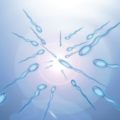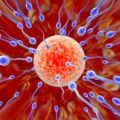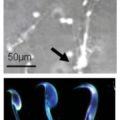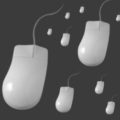
A man’s low sperm count often means that fertility treatment involves locating a single viable sperm and injecting it into the egg. But that technique may become redundant now that researchers have succeeded in cloning the male genome from a single sperm.
Professor Takumi Takeuchi, of Weill Medical College, injected a single healthy mouse sperm into a mouse egg from which the nucleus had been removed, and by doing so effectively cloned the male genome. Reporting his findings at the annual conference of the European Society of Human Reproduction and Embryology, Takeuchi said the process worked well and the sperm genome was found to be chromosomally identical to its originator in over 80 percent of the clones analyzed.
Takeuchi cautioned, however, that the level of abnormalities occurring in offspring was the same as that found in cloned animals, meaning the procedure is still some way from clinical use. “We are a long way from the time when this will be able to be used in humans. There is much work still to be done to understand why impaired development and abnormalities in the embryo occur, and to take steps to avoid that occurrence,” he noted.
Takeuchi’s team are now investigating whether they can make the procedure more efficient by enhancing the number of mouse pups obtained by a single sperm, and thus reducing embryo wastage. “We believe that replication of the male genome, in addition to providing hope for infertile couples, could also provide the opportunity to use replicates of the sperm nucleus for diagnostic purposes. If you only have one healthy sperm you would be reluctant to use it for anything but fertilization. But with this technique it should be possible to create enough to be sure that the embryo which is implanted is healthy,” he said.
Takeuchi is coy about ethical implications but believes that because the work aims at preserving the contribution of both parents to the generation of embryos, it should not elicit a negative reaction.
Related articles:
Race On To Grow Sperm In Lab
Eggs And Sperm Made From Stem Cells
Environmental Factors Damaging Men’s Reproductive Health








Comments are closed.